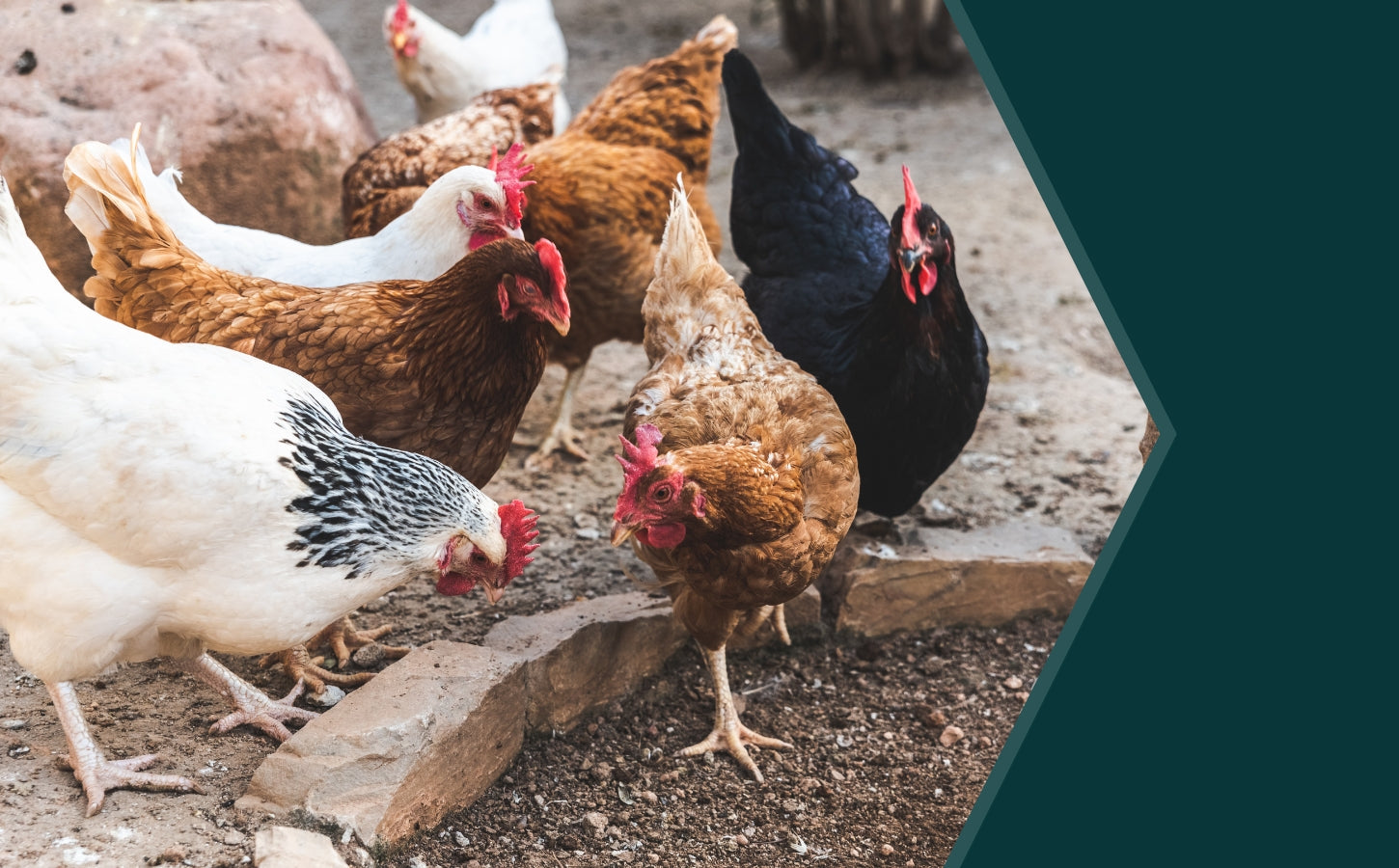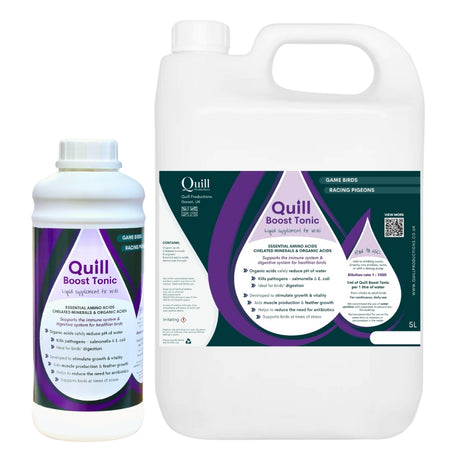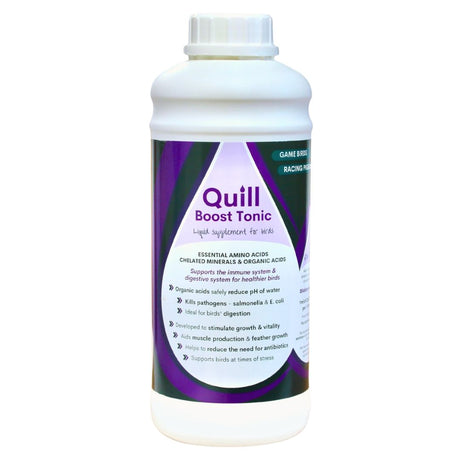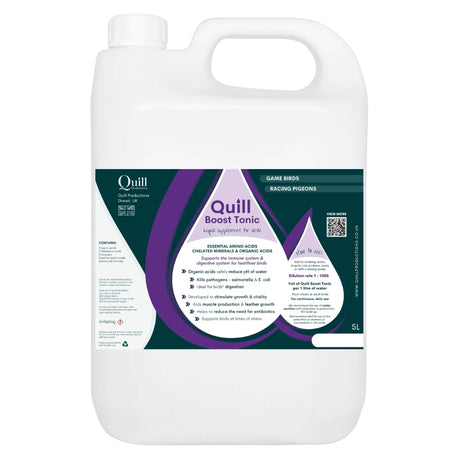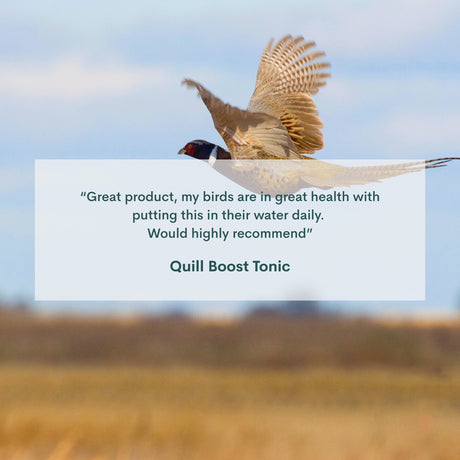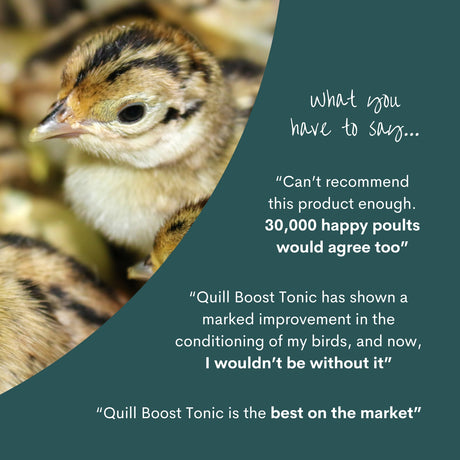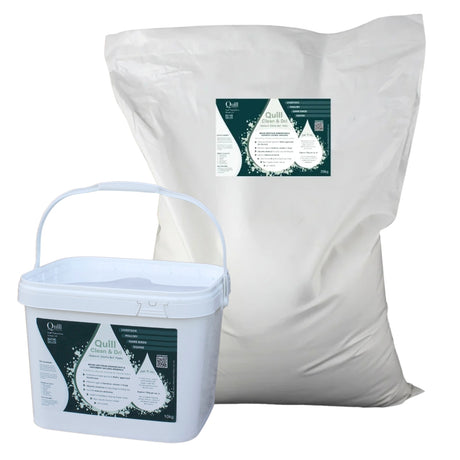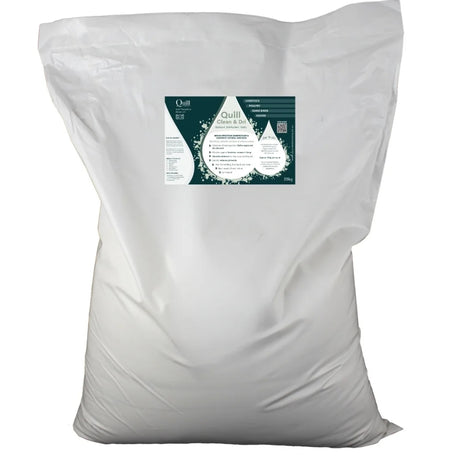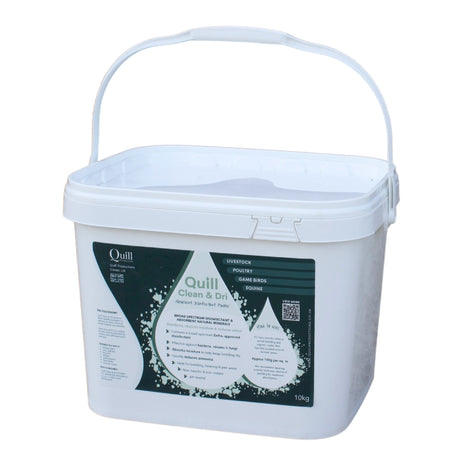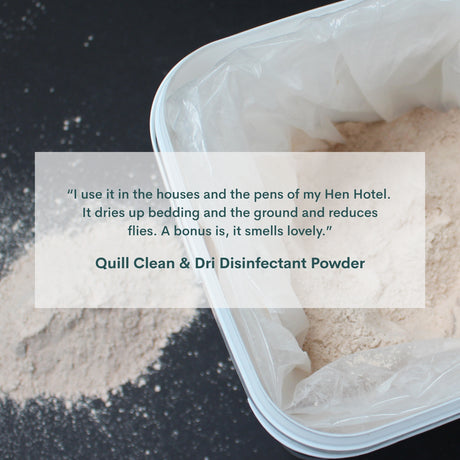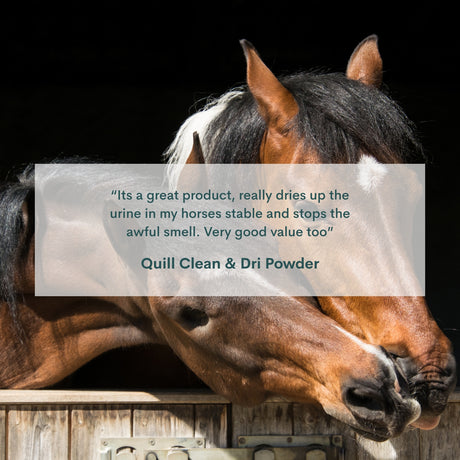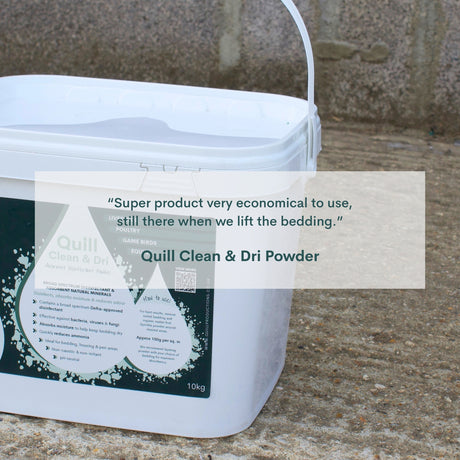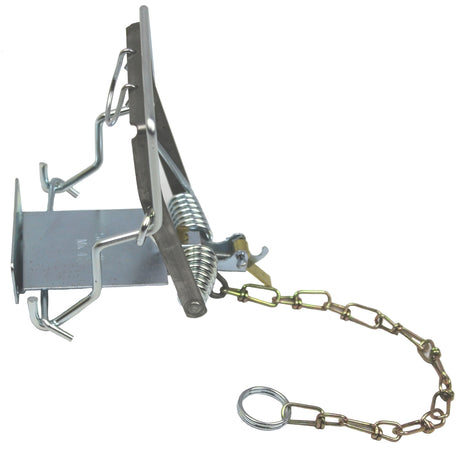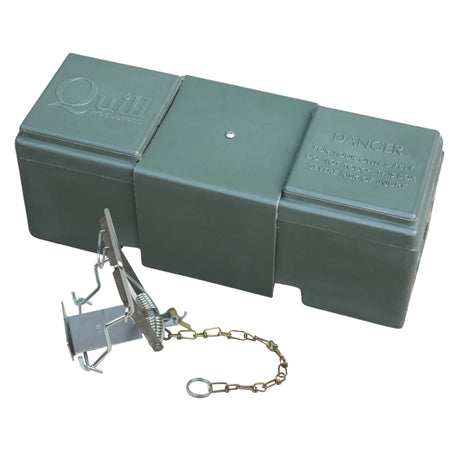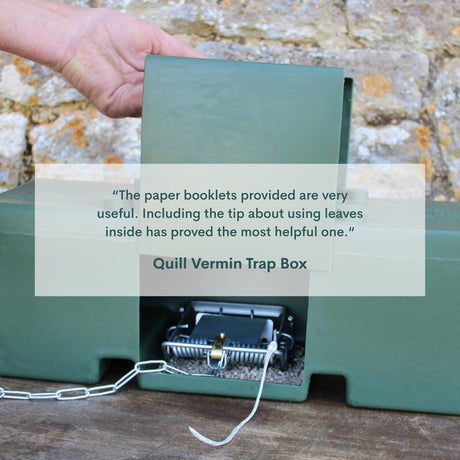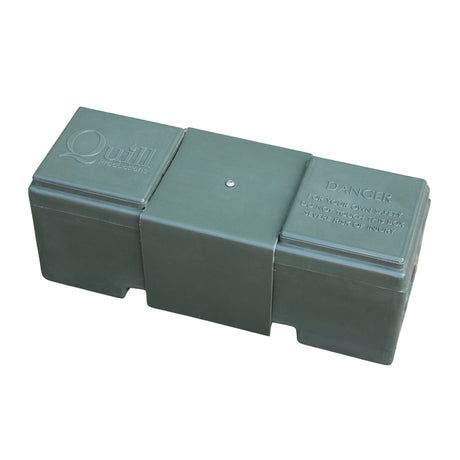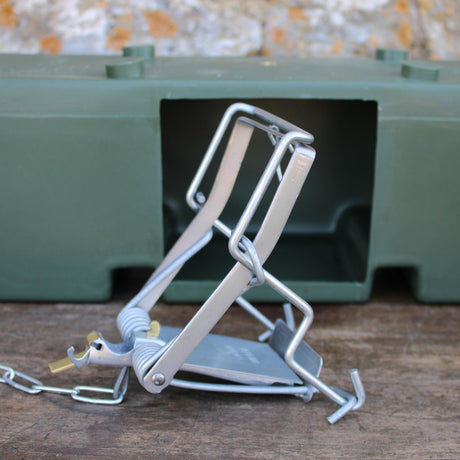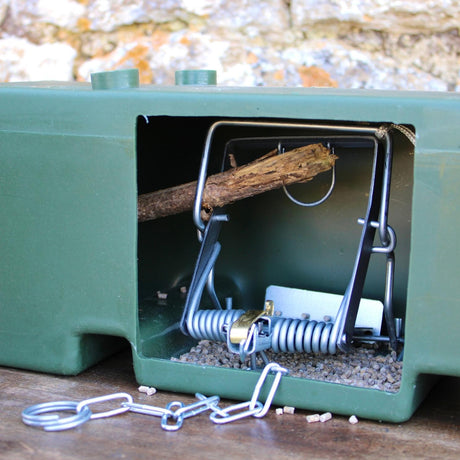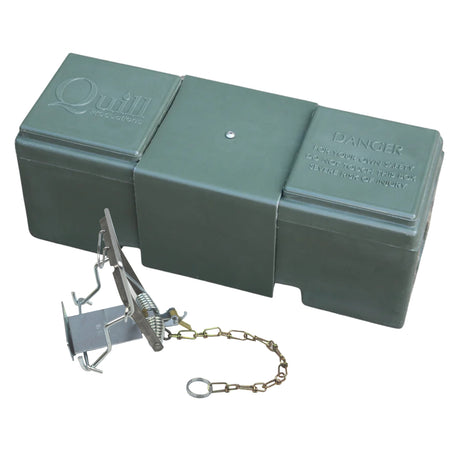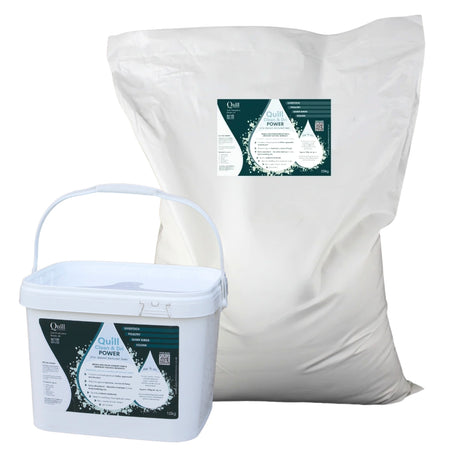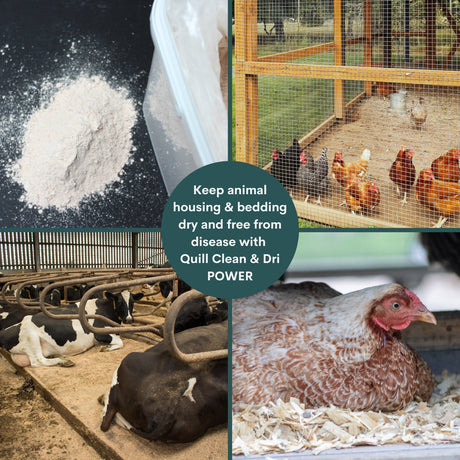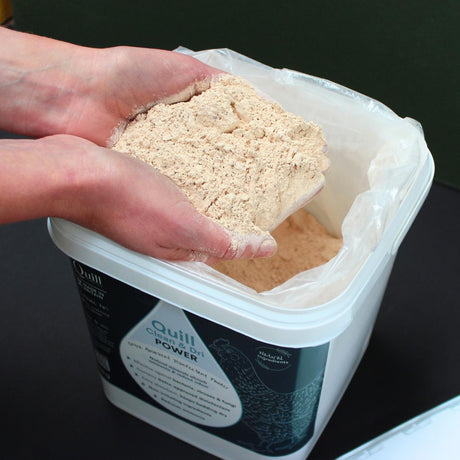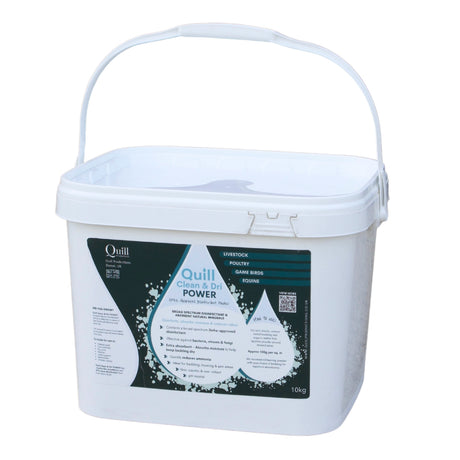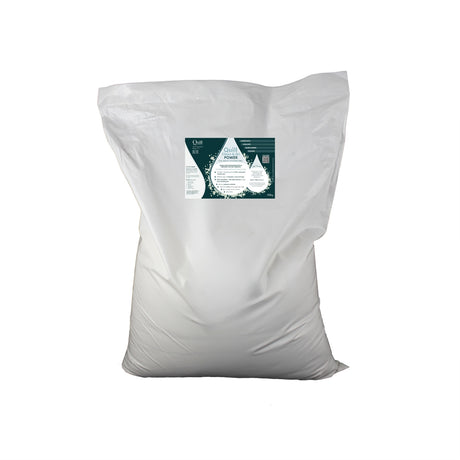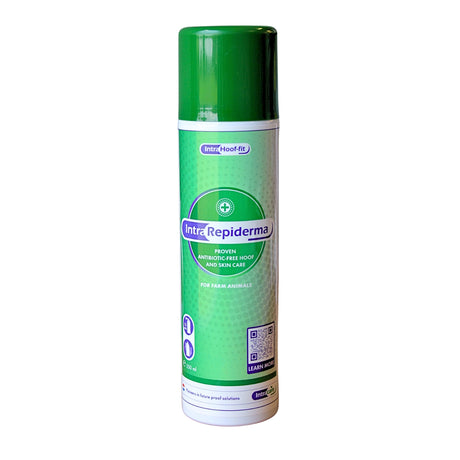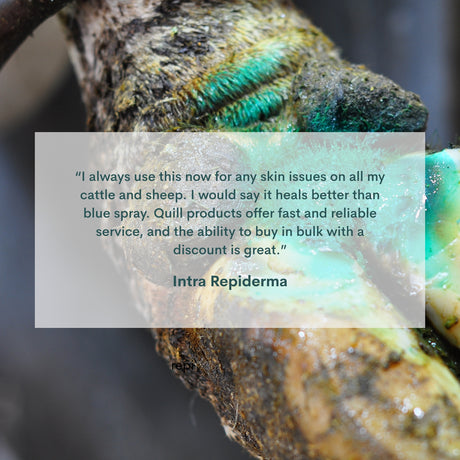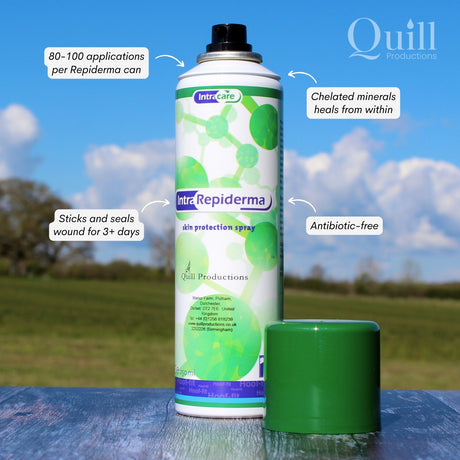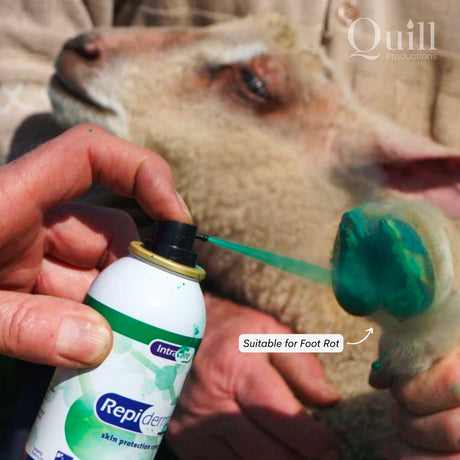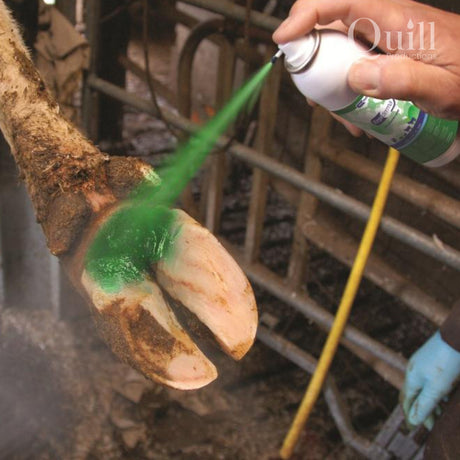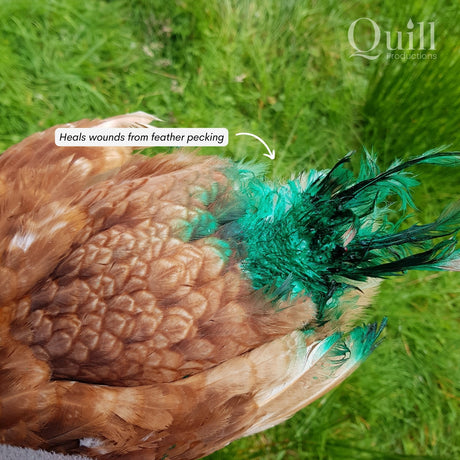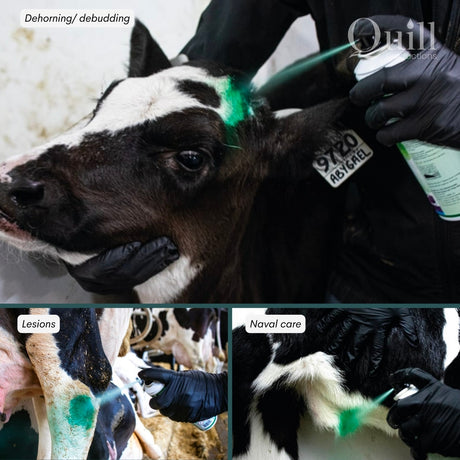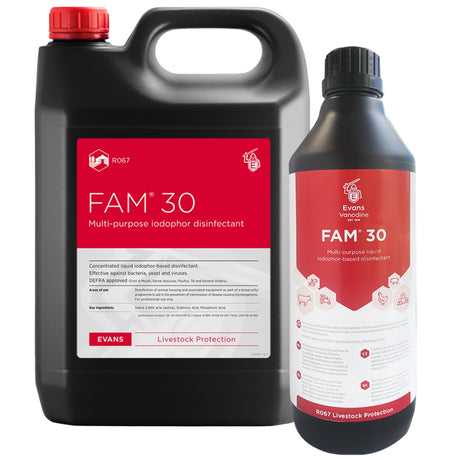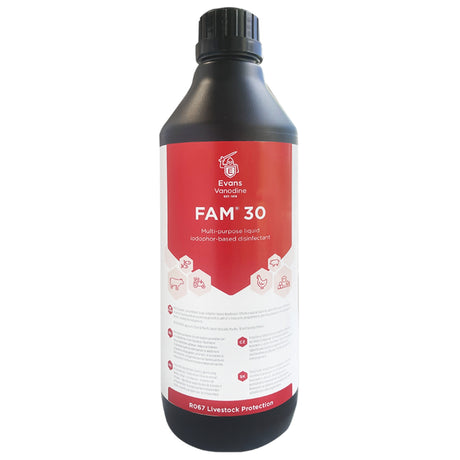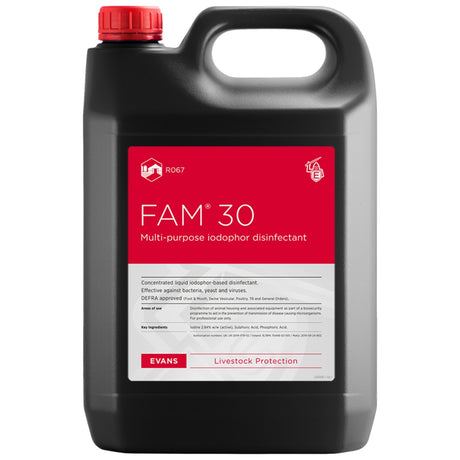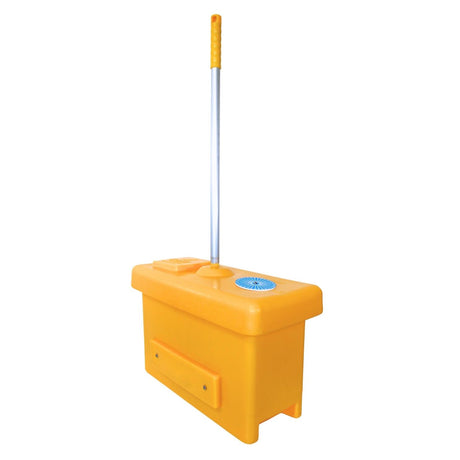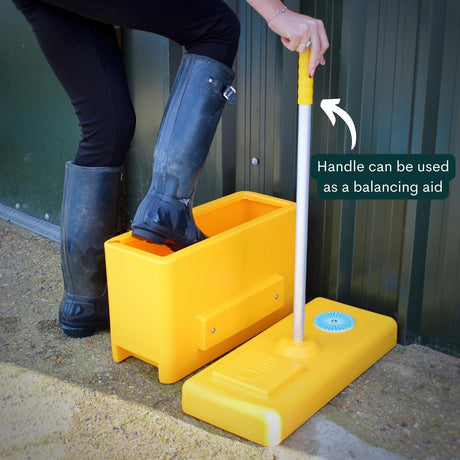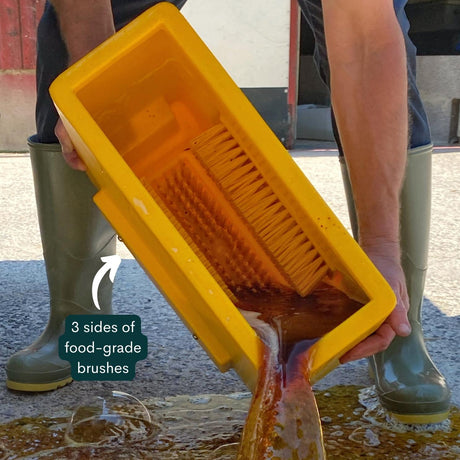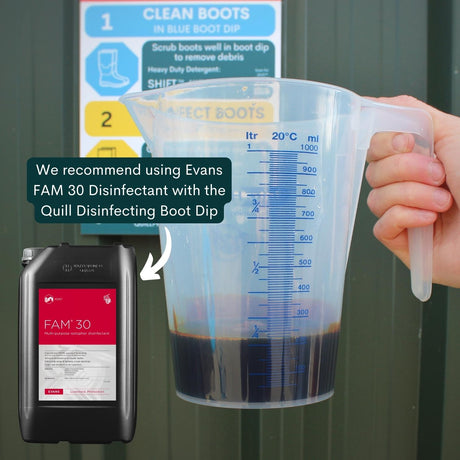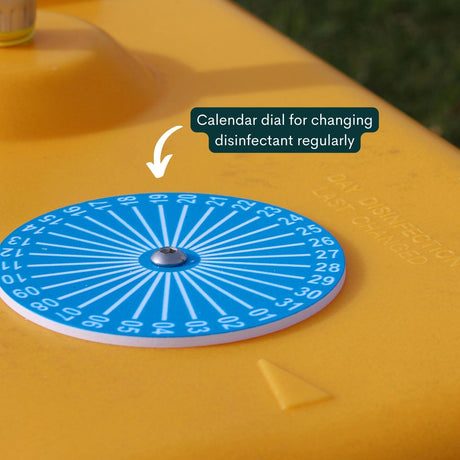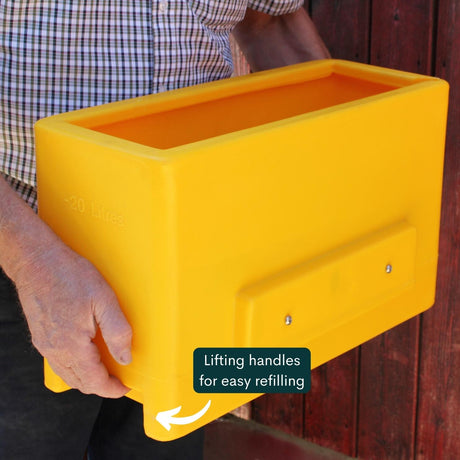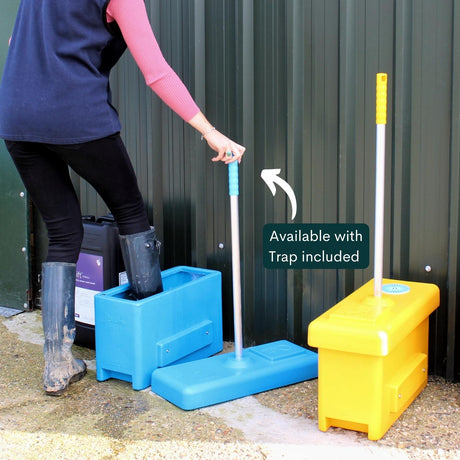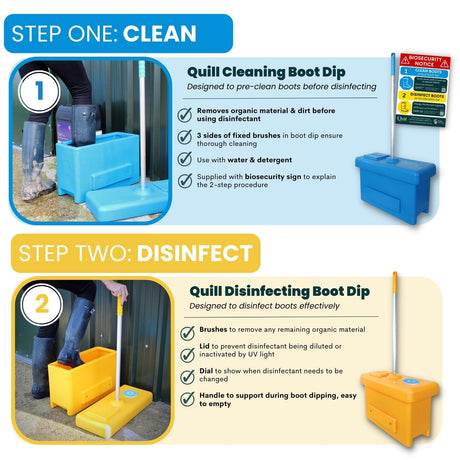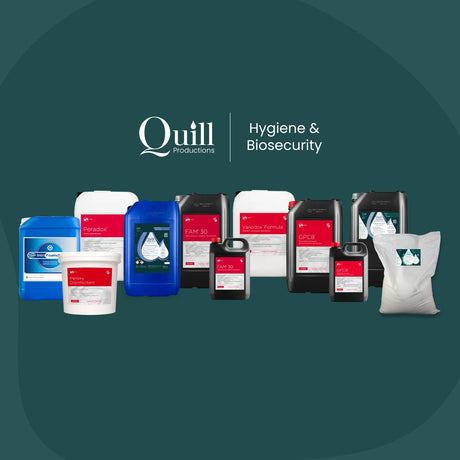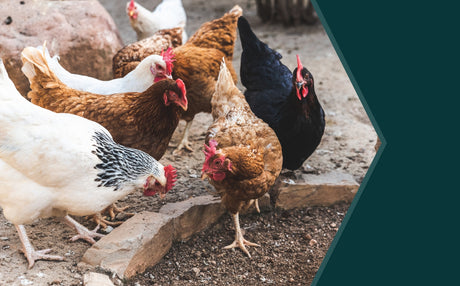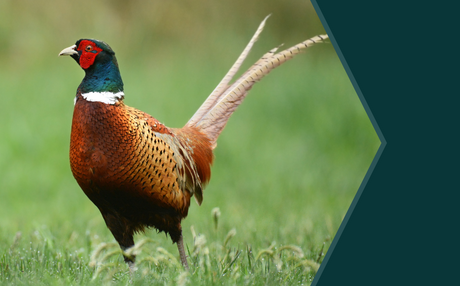For the past few years Bird Flu (Avian Influenza) has caused colossal damage to flocks across the UK, however like all infectious diseases prevention can be a simple process.
The European Food Safety Authority has published guidance on how your bird flock can be protected:
Access control
- Limit visitors and equipment from entering the farm unless strictly necessary
- Make sure that a disinfection protocol is accessible (such as the Quill 2 Step Boot Dip Protocol) for visitors to disinfect their boots
- If possible, keep dedicated clothing for farm work to prevent cross contamination
All-in, all-out
Using an all-in, all-out system improves production efficiency and reduces the number of visits to the farm, lowering the risk of disease entering the flock.
If you have backyard hens, try to quarantine any new animals before mixing them with the rest of the flock.
When bringing new birds or hatching eggs to a farm, check health documents first.
Full clean out
- Fully clean and disinfect facilities, equipment and housing areas between each production cycle
- Separate 'clean' (in contact with animals) and 'dirty' (in contact with external areas) sections of the farm. Remove all waste and sanitise the environment to protect the next group of birds
Safe shelter
A clean, secure environment reduces the risk of possible disease from entering the farm.
- Check drainage systems work properly
- Make sure you have a pest control regime in place
- Maintain insulation and ventilation systems
Waste Handling
Make sure manure, left over food and dead birds are disposed of quickly and safely to prevent wild animals from spreading diseases.
Feed and water
Provide clean water with hygienic nipple drinks such as the Quill Drinker, Adjustable Tank Drinker & Quill 40L Tank Drinker.
Use raised feeders with a wide hat and lipped feed tray such as the Quill Midi Feeder or Quill Feed Bin Kit to make sure feed hasn't been exposed to dirt, droppings or moisture.
Make sure water is kept clean and free from disease by using a hydrogen peroxide water sanitiser such as Oxi-PURE™️ or Quill Water-Pure™️.
Know the risks
Use signs and physical barriers to make sure staff and visitors are aware that they need to be following steps like cleaning boots, changing clothes and washing hands before entering certain zones.
No room for wild birds
- Always store feed and bedding in closed or waterproof containers to avoid contamination
- Avoid moving feed between different flocks
- Make sure there is no standing water around the farm
- Keep grass and vegetation near the fences short to prevent wet areas and foraging of wild birds
- Regular inspections are essential to check for holes or gaps in barriers
- Using scare devices or deterrents can help to discourage wild birds from approaching the farm area
Housing separately
Mixing species increases the risk of disease spreading. Different types of poultry like chickens, ducks and turkeys should be housed separately.
Spotting the signs
There are key signs to look out for amongst your flock which could indicate Avian Influenza such as:
- A decrease in food or water intake
- Sudden deaths in the flock
- Breathing difficulties
- Strange behaviour
If you think you spot any signs of disease report it immediately. The sooner action is taken, the better the chance of preventing a serious outbreak. Contact your veterinarian or local animal health authorities if you do suspect Avian Influenza.
Avoid handling potentially infected animals without proper protective equipment and hygiene practices.
